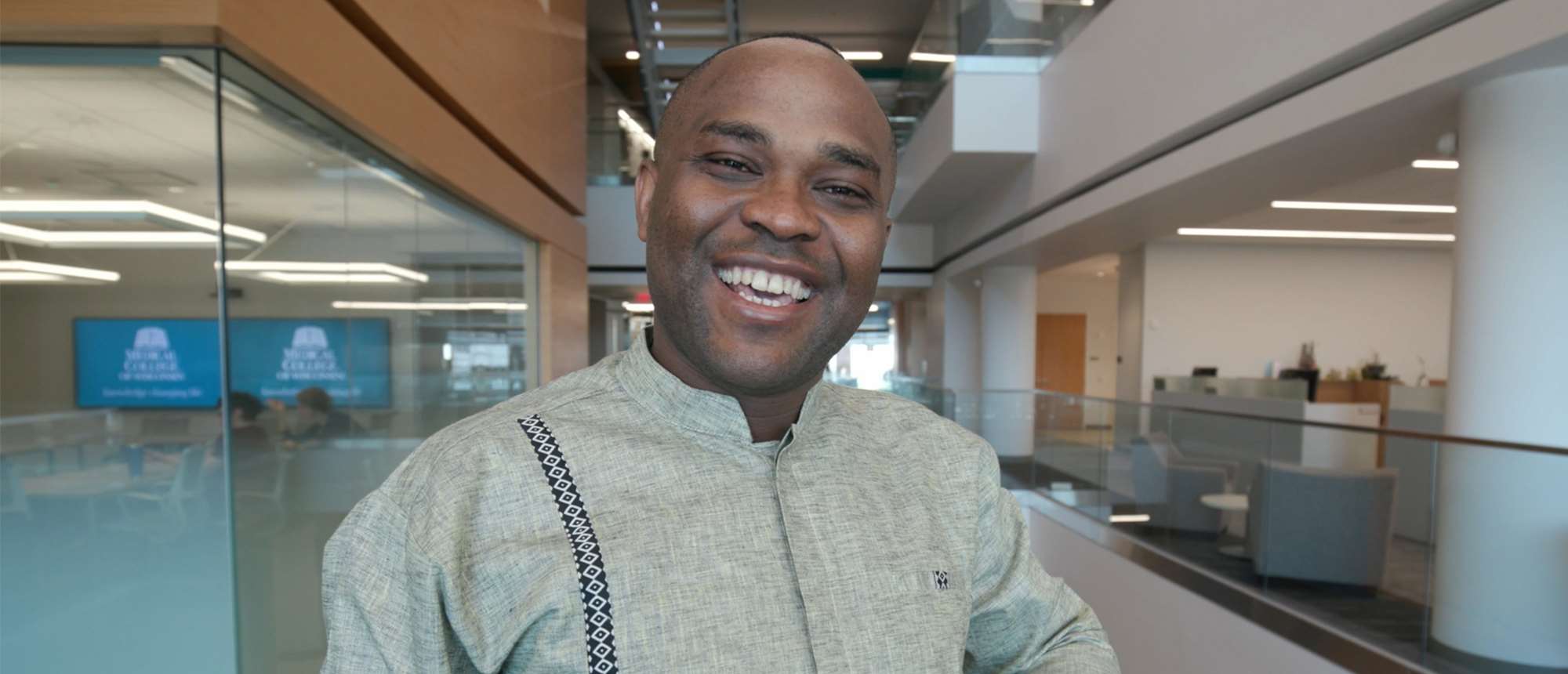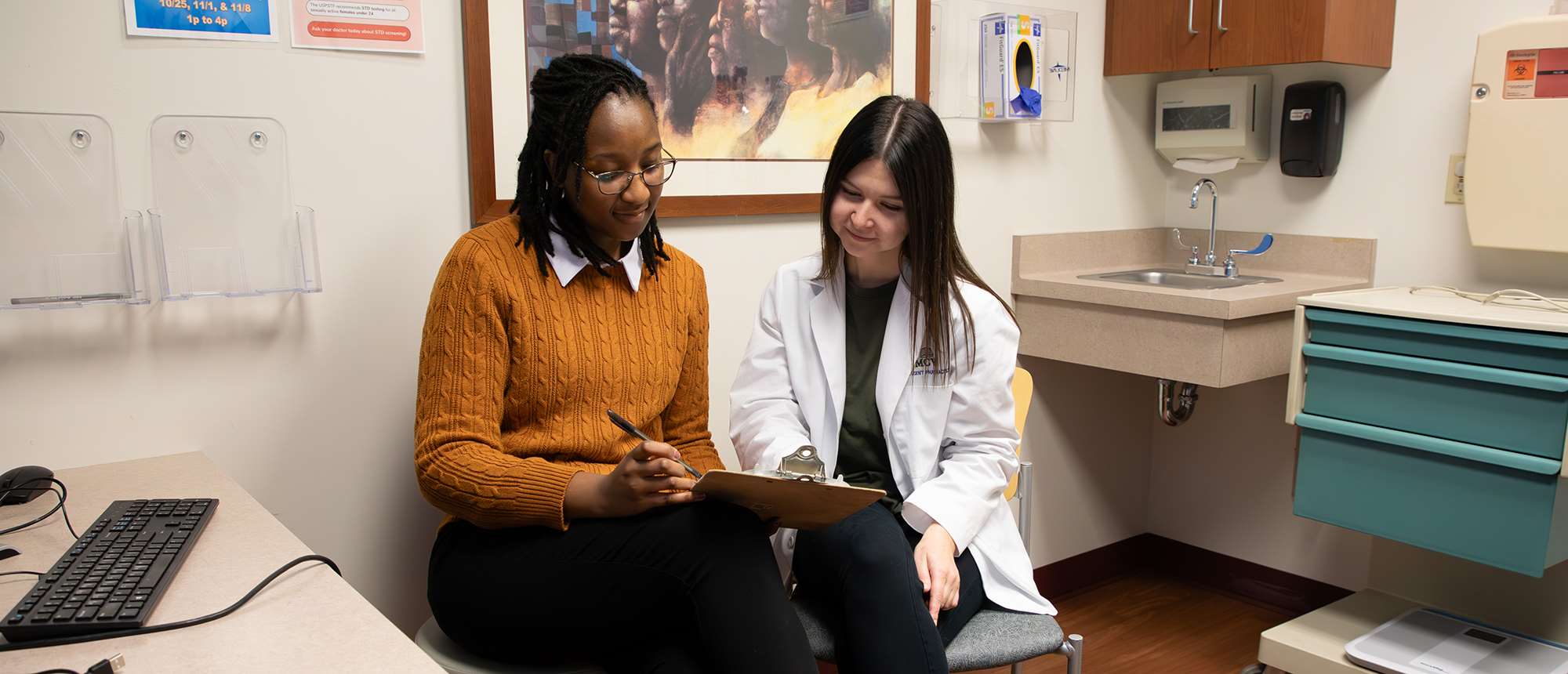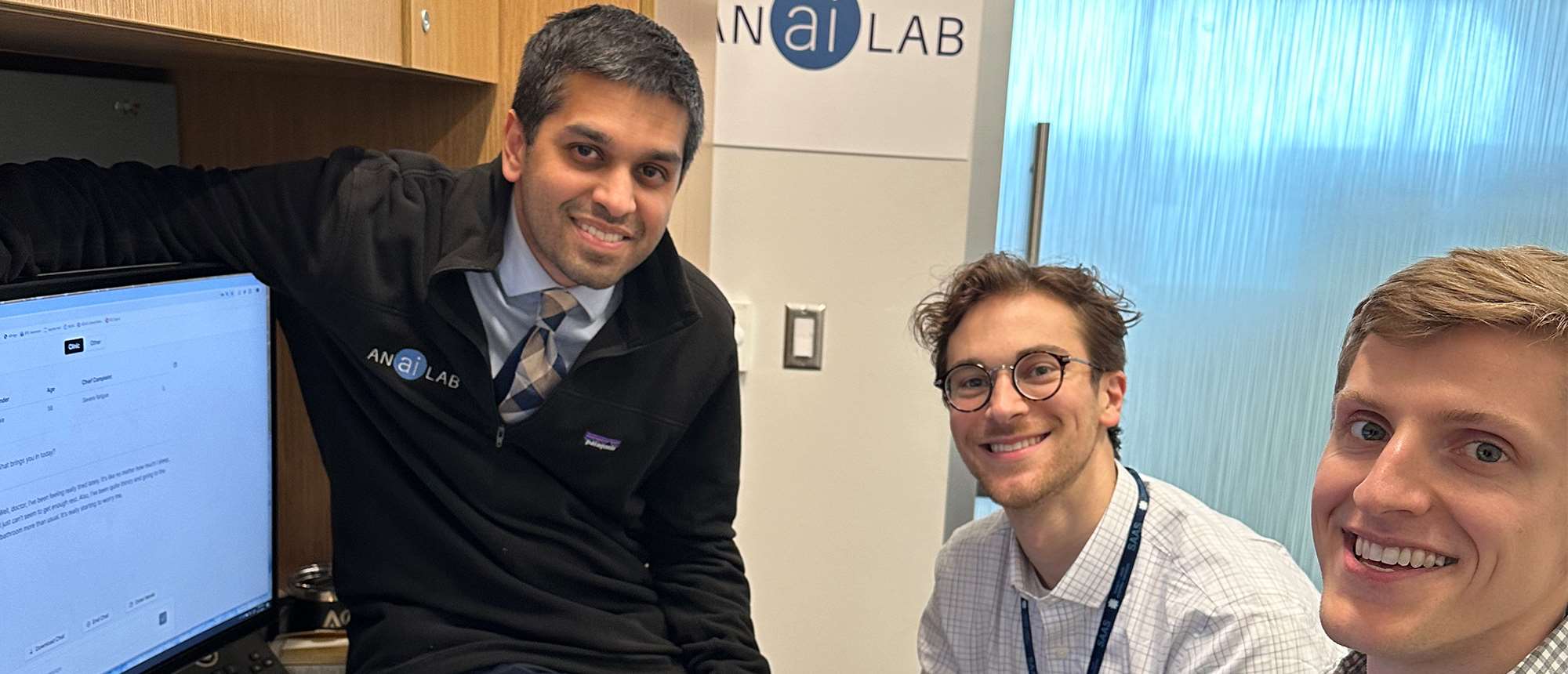Medical Student Sees Health Equity as Part of Her Identity
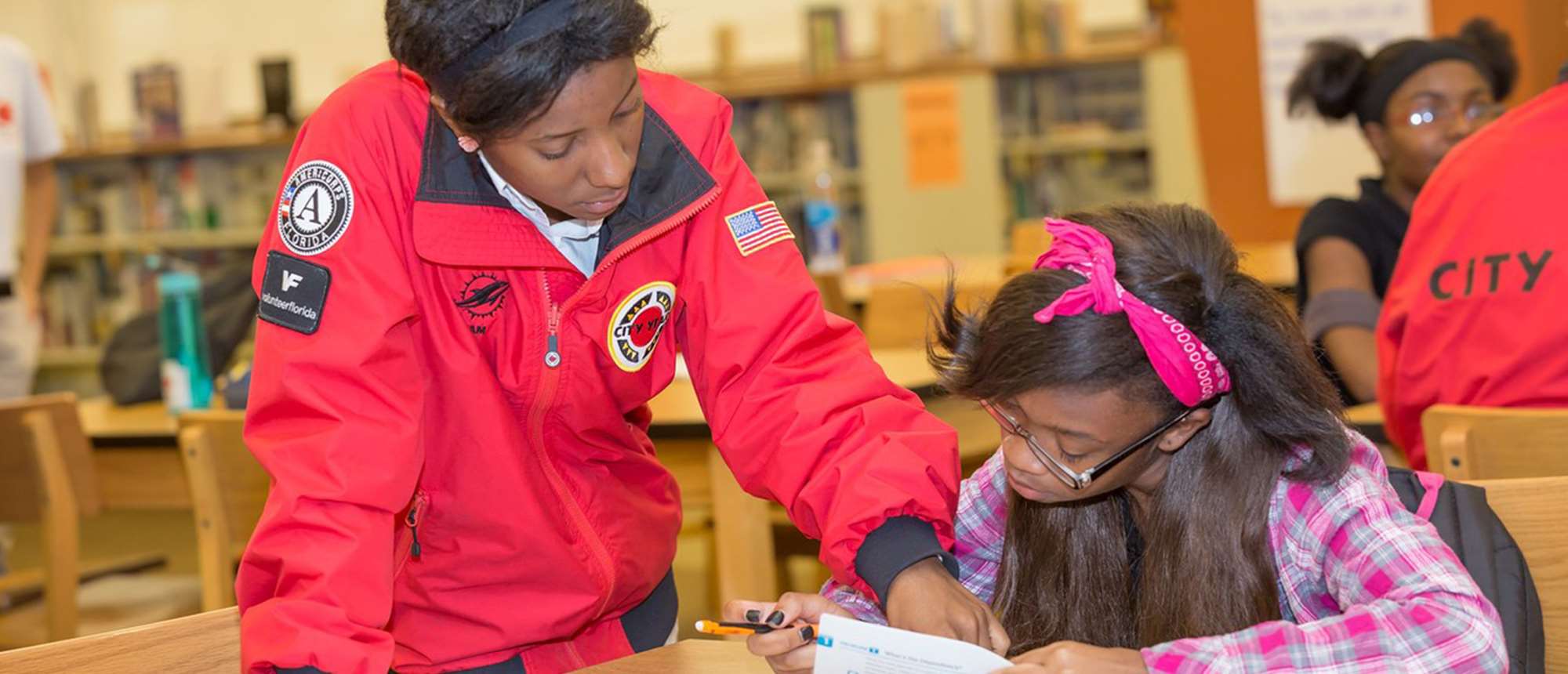
Current fourth-year medical student Marie Stéphanie Baguidy at the Medical College of Wisconsin (MCW) has always had a passion for helping others. This passion was validated this past May when she earned a prestigious grant from the American Society of Clinical Oncology (ASCO). The grant is funded by ASCO’s Conquer Cancer initiative, which provides seed funding to cultivate the next generation of breakthroughs in cancer.
Baguidy’s award entails a customized clinical rotation that combines medical genetics, medical oncology, radiation oncology with an emphasis on community health and cancer disparities. While certain aspects of the rotation might change due to the COVID-19 pandemic, a central focus will be working with the community to provide cancer care resources in underserved populations in Milwaukee.
“I am honored to be receiving this grant from ASCO,” says Baguidy. “To have the chance to engage the community in a field that is truly interesting to me and to simultaneously enhance my skills as a future physician is a privilege. I am so grateful to ASCO for the opportunity.”
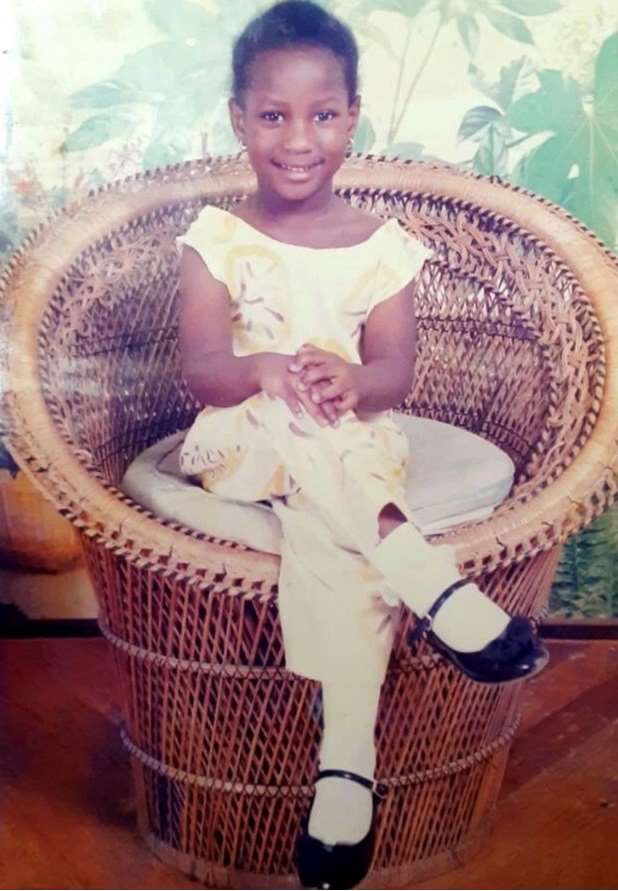 Part of Baguidy’s passion for helping others stems from her unique background. Baguidy was born and raised in Port-au-Prince, Haiti until the 2010 earthquake uprooted her family when she was just a teenager. She subsequently relocated to South Florida to live with relatives. During this time, along with previous experiences as a child in Haiti, she witnessed firsthand many inequalities that exist in the healthcare system.
Part of Baguidy’s passion for helping others stems from her unique background. Baguidy was born and raised in Port-au-Prince, Haiti until the 2010 earthquake uprooted her family when she was just a teenager. She subsequently relocated to South Florida to live with relatives. During this time, along with previous experiences as a child in Haiti, she witnessed firsthand many inequalities that exist in the healthcare system.
In 2012, she began as an undergraduate at the University of Miami, where her desire to be involved in the dynamic field of science and healthcare only grew.
“As an undergraduate at UM, I was introduced to many mentors who helped guide me toward my goal of one day becoming a physician,” says Baguidy. “Those positive influences were instrumental toward achieving that goal.”
At the urging of a mentor who had previously completed the program, Baguidy applied to MCW’s Diversity Summer Health Related Research Education Program (DSHREP). DSHREP is a competitive program designed to provide research opportunities for undergraduate students from backgrounds that are historically underrepresented in biomedical science, including individuals from disadvantaged backgrounds, underrepresented cultural and ethnic groups, and individuals with disabilities. As part of the program, each participant is paired with a mentor to work alongside while engaging in research.
Baguidy was paired with John Imig, PhD, professor of pharmacology and toxicology. Together they investigated the effects of EDP, Omega-3-fatty acid metabolite, on kidney fibrosis in animal models which was a formative experience in her medical education journey.
“My time in DSHREP was an eye-opening experience. I learned so much from all of my mentors Dr. Imig and Dr. Abdul Khan and gained an understanding of the power of academic research,” she says. “This experience really solidified my decision to enter the medical profession.”
Two years later, she was accepted to the MCW School of Medicine and returned to Milwaukee to begin her medical training. Being familiar with the campus and the surrounding community helped make her feel comfortable when deciding on which medical school to attend. However, she concedes, the culture in the Midwest is very different from the Miami culture she grew up in and took some time to adjust to. Since enrolling at MCW, though, she has been able to find a support system that has helped her grow as both a person and a future physician.
“I’ve been able to meet incredible mentors here and cultivate relationships with wonderful people like Jean Mallett, Dr. David Ombengi, Dr. Alonzo Walker and Dr. Malika Siker,” Baguidy shares. “They have been instrumental in helping me find a place where I fit.”
In fact, Dr. Siker will be helping Baguidy formulate the curriculum of her upcoming rotation in radiation oncology. She has also been a constant advocate for many students as associate dean for student inclusion and diversity.
“Combining her outstanding clinical acumen, strong work ethic, and compassionate character, Stephanie has a bright future as an oncologist,” says Dr. Siker. “She will use her unique skills and experiences to serve her patients and advance health equity. I am so proud to have her represent the MCW community.”
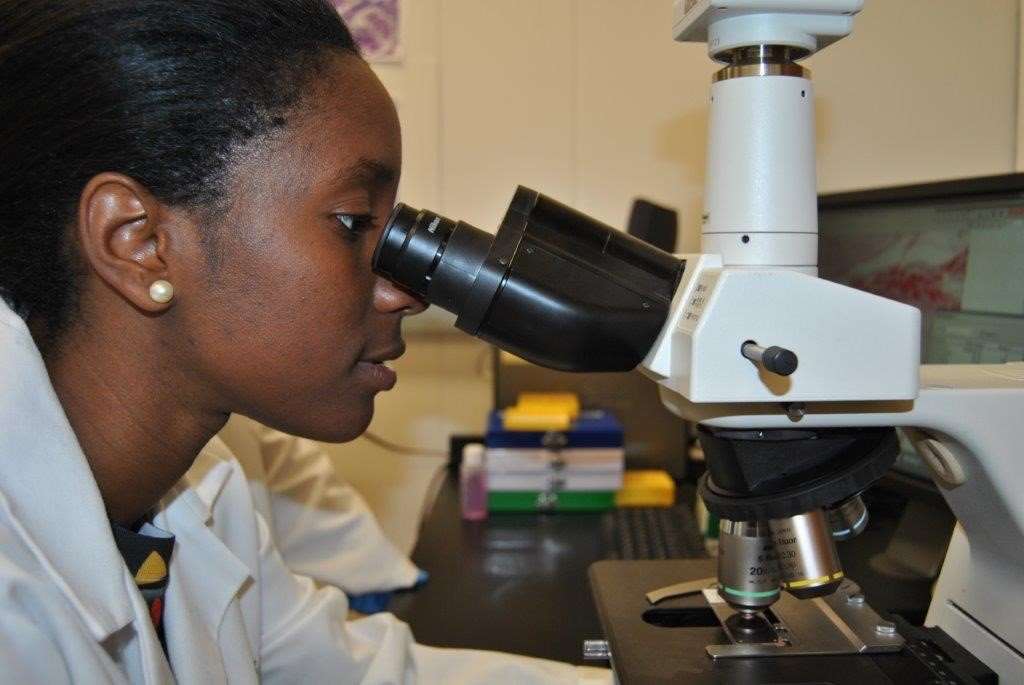
While the exact details of how the community engagement piece will take form next spring are still being considered, Baguidy knows that working with the MCW Cancer Center Community Advisory Board and the Cancer Prevention and Control program will be an integral step.
“I think the best way to enact change in a community is to be able to listen to their needs and to better understand the most effective way to help. Having a dialogue is the first step in helping to bring about change,” says Baguidy.
After her final year of medical school, Baguidy hopes to pursue a career in internal medicine followed by a fellowship hematology/oncology However, no matter what the future holds, it is a given that she will continue her advocacy work to help promote health equity.
“Being an advocate is part of who I am,” she says. “Because of where I come from and what I have seen, regardless of where my medical career takes me, I will always be a voice for promoting health equity.



